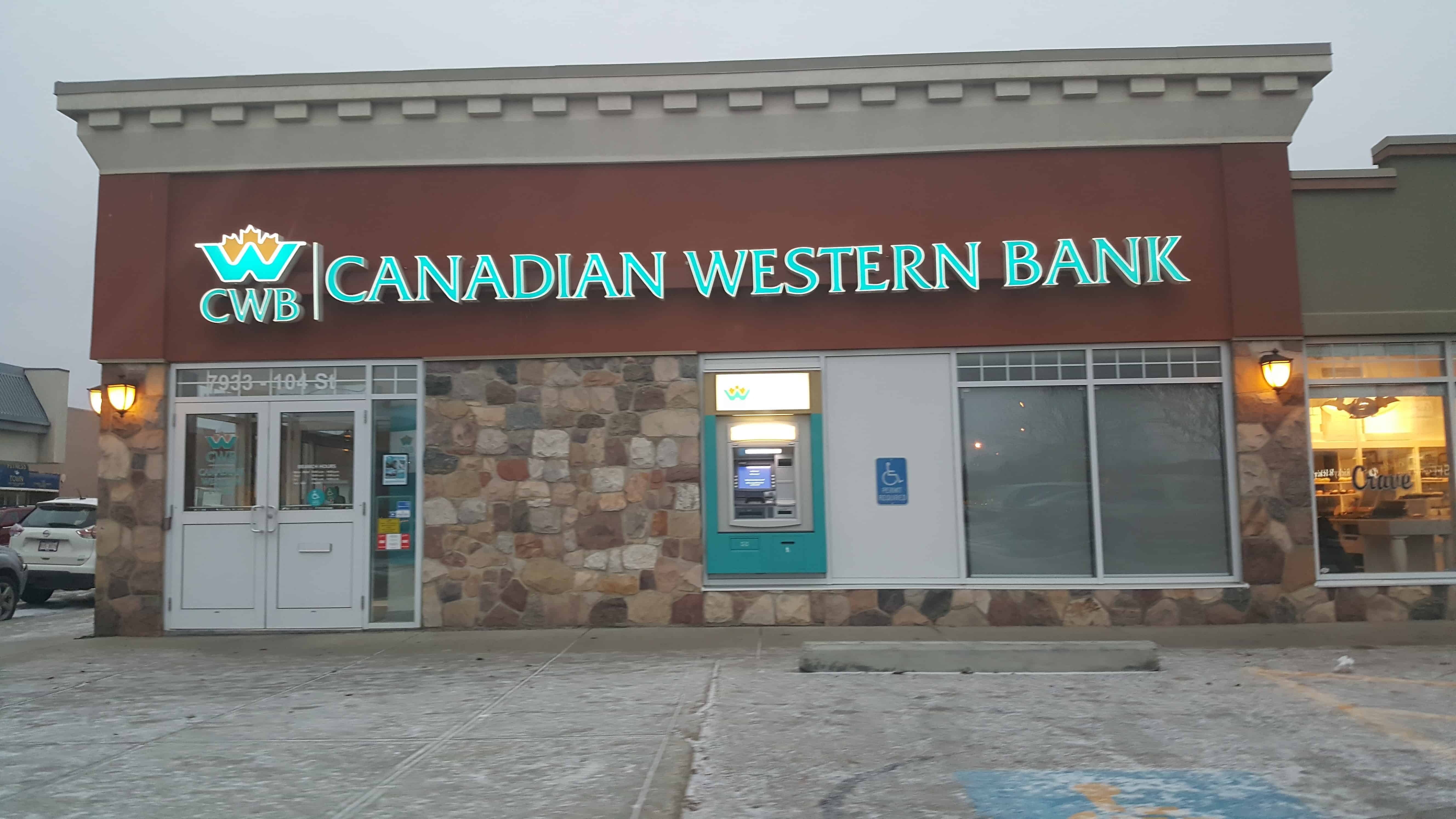The “Big Five” Canadian Banks have enjoyed a remarkable run since the 2008-09 Financial Crisis with every one having hit an all-time high at some point during 2017.
However, with five-year variable mortgages priced at less than 3%, the banks aren’t exactly pulling profits in hand over fist, and even if the Bank of Canada goes ahead and increases the prime rate at its next central bank meeting, that isn’t going to change things all that much.
Meanwhile, much has been made over the past eight years of the increasingly indebted Canadian consumer, which now owes approximately $1.70 for every $1 they earn.
The “bears” will point out this figure is eerily similar to levels of consumer indebtedness previously seen in the U.S. before its housing crisis, and that it was also this situation in the U.K. before homeowners there were met with a similar fate.
Yet, when Home Capital Group faced a bank run earlier this year, there were many, including me, who pointed out that less than 1% of Home Capital’s mortgages were delinquent, indicating that either fears of a Canadian housing crisis were overblown, or maybe that it just hasn’t happened yet.
While the traditional Canadian banks have already begun “paring back” on their loan books amid the uncertainty, Canadian Western Bank (TSX:CWB) currently trades at a 26% discount to its all-time high and will be more than happy to move in and gobble up market share, all the while benefiting from soon-to-be-higher rates.
CWB is a schedule one chartered bank, just like the other Big Five banks; however, as the name suggests, CWB maintains a focus on Canada’s western region.
This means CWB is aligned with the sectors that drive the western economy, including commercial lending to small- and mid-sized energy companies as well as equipment financing, real estate, and construction financing.
In addition, within the company’s CWB Financial Group are Optimum Mortgage, an alternative mortgage lender, and CWB Maxium Financial Group, which is engaged in providing structured loans and leasing solutions for niche industries across the country. As interest rates rise, these two business units in particular stand to benefit the most as spreads widen.
However, they also carry with them a heightened level of risk as their primary business involves lending to those who aren’t able to secure financing through traditional means.
Should you buy?
Currently, CWB shares pay a dividend of 3.3%, which is less than the traditional lenders; however, the company has demonstrated the ability to grow at a faster pace than the competition with a 10-year average growth rate of 11% and revenue growth close just shy of 8% in 2016.
What’s more, shares trade at a forward P/E of just 10.5 times, which is cheaper than both Royal Bank of Canada and Toronto-Dominion Bank.
Those brave investors who aren’t scared of a 0.25% rate hike may just want to bite the bullet and take a chance on this lender, which also happens to trade at very close to “clean” book value.
How Foolish are you?








